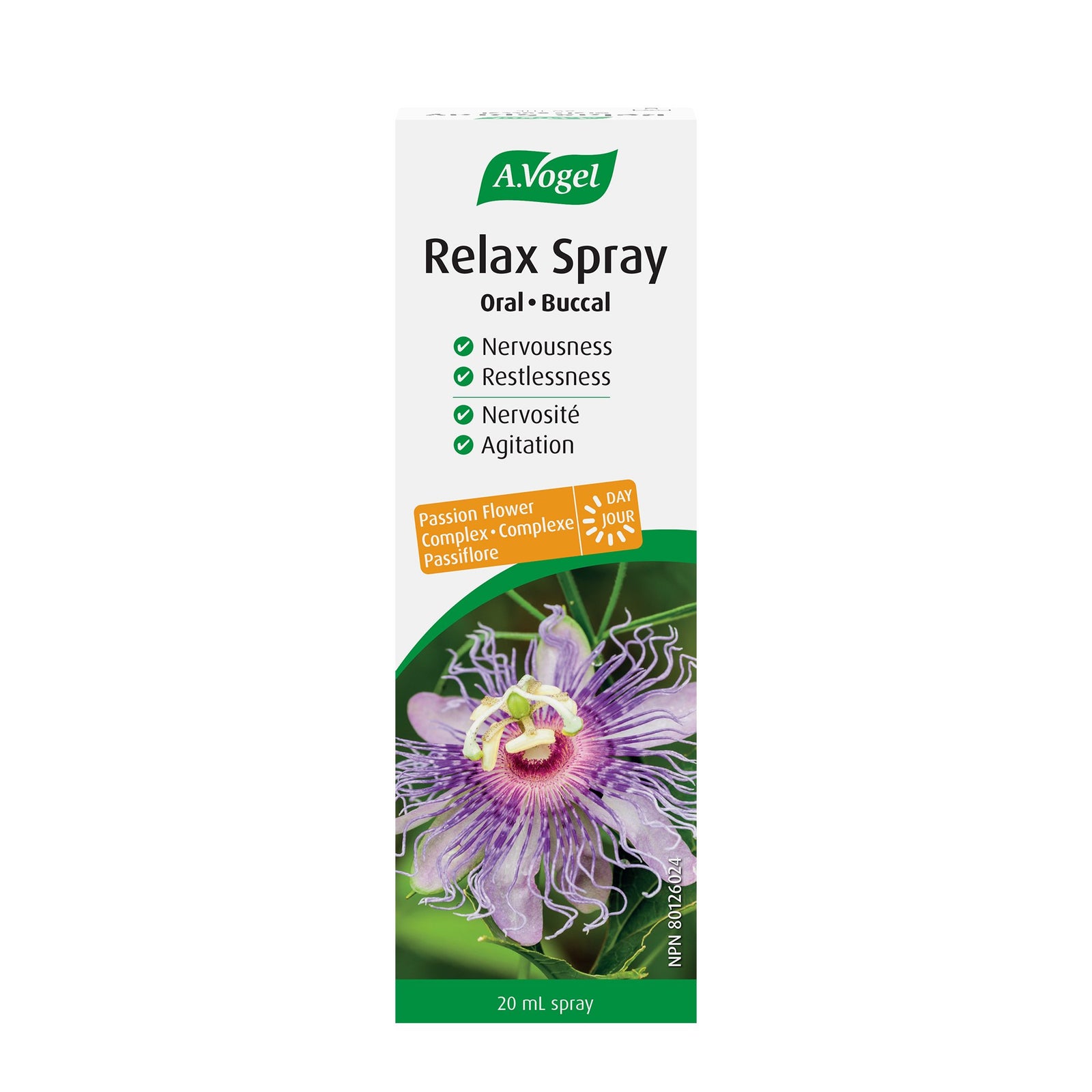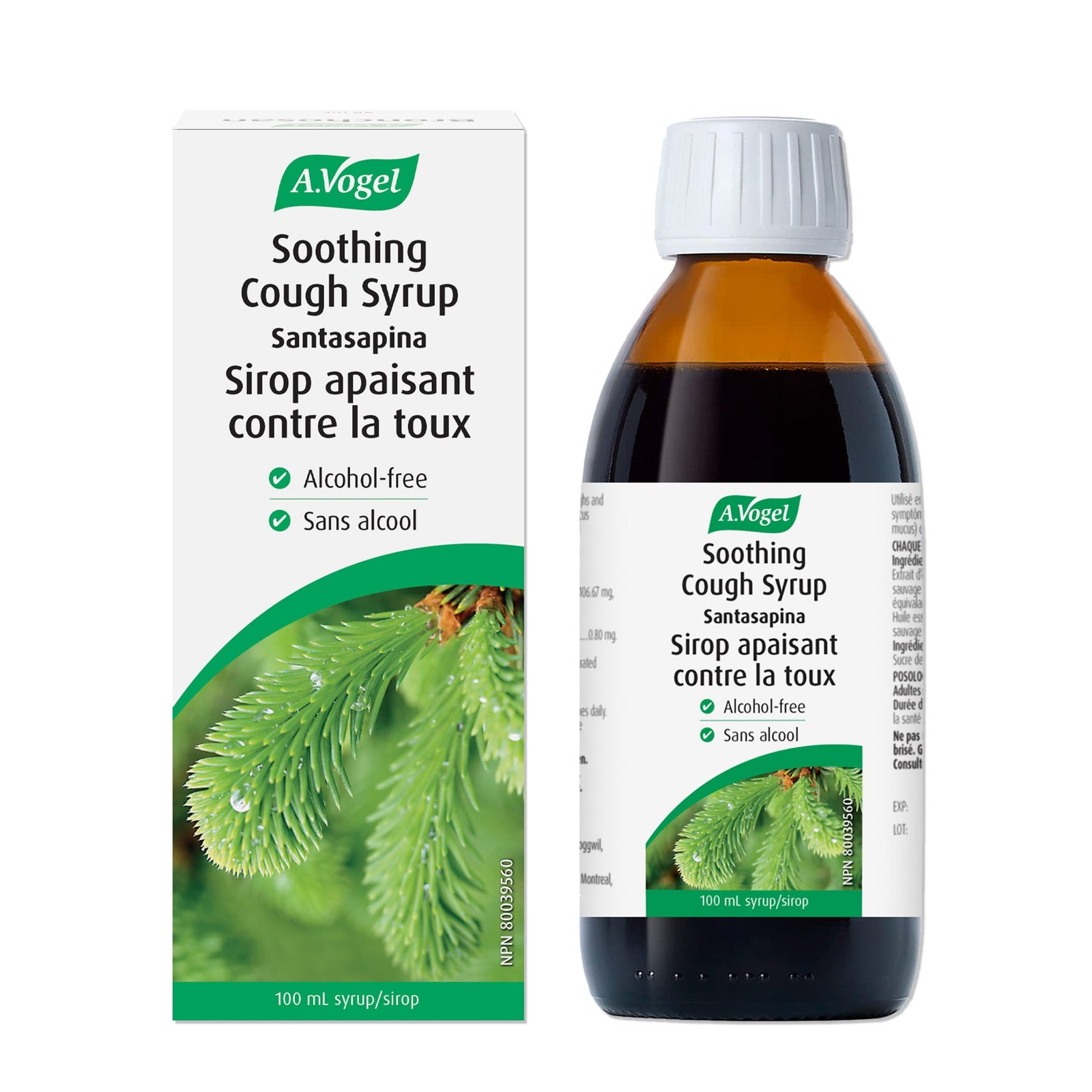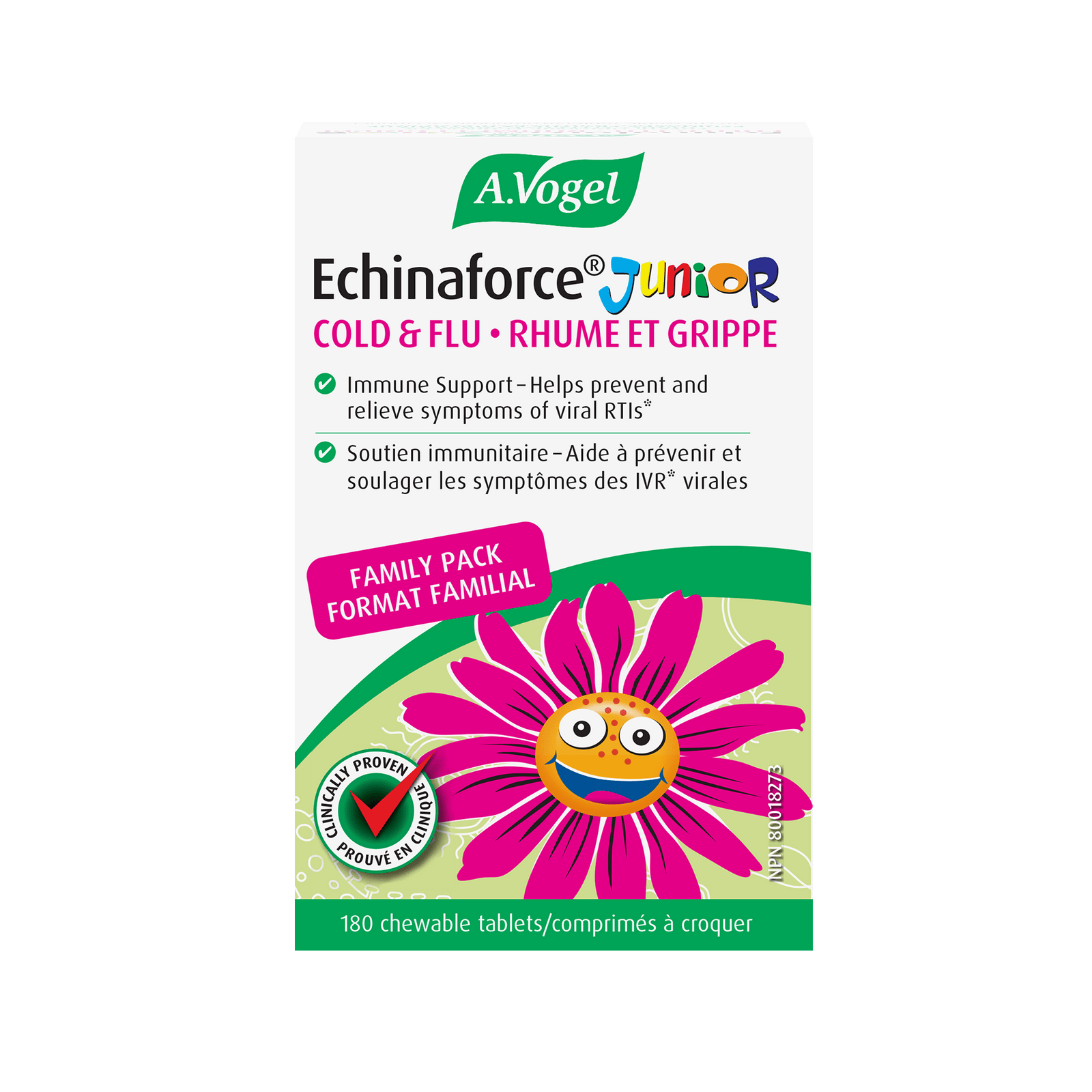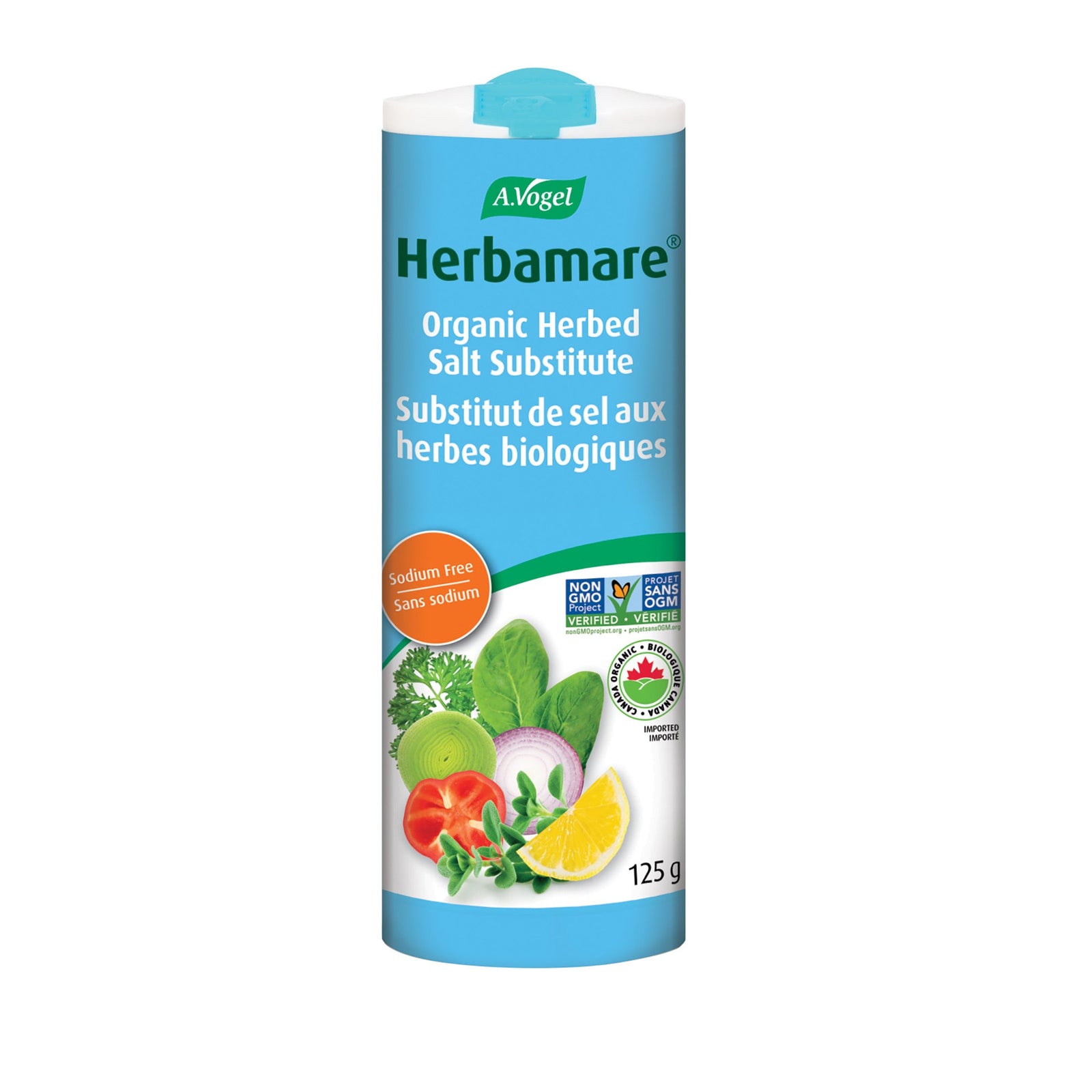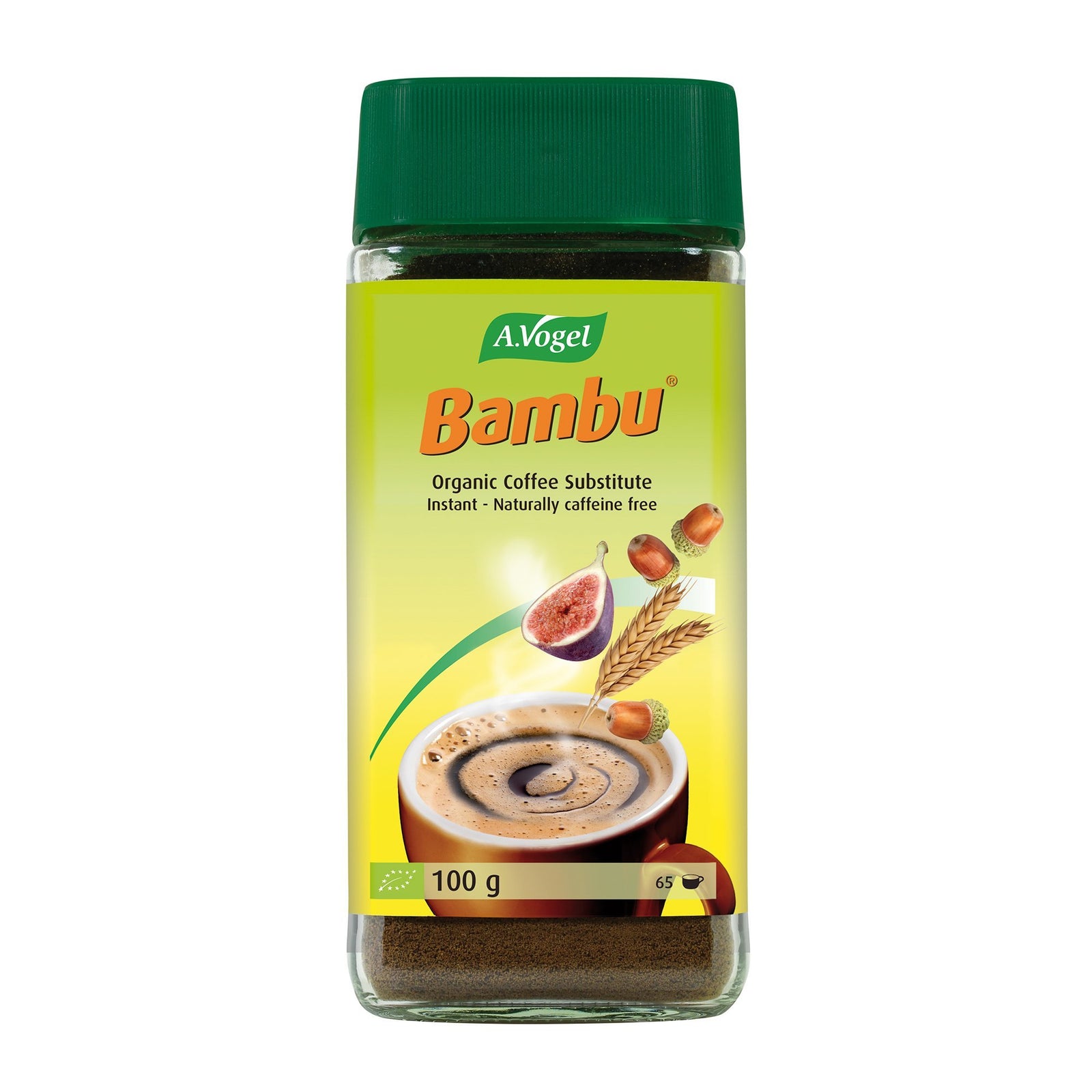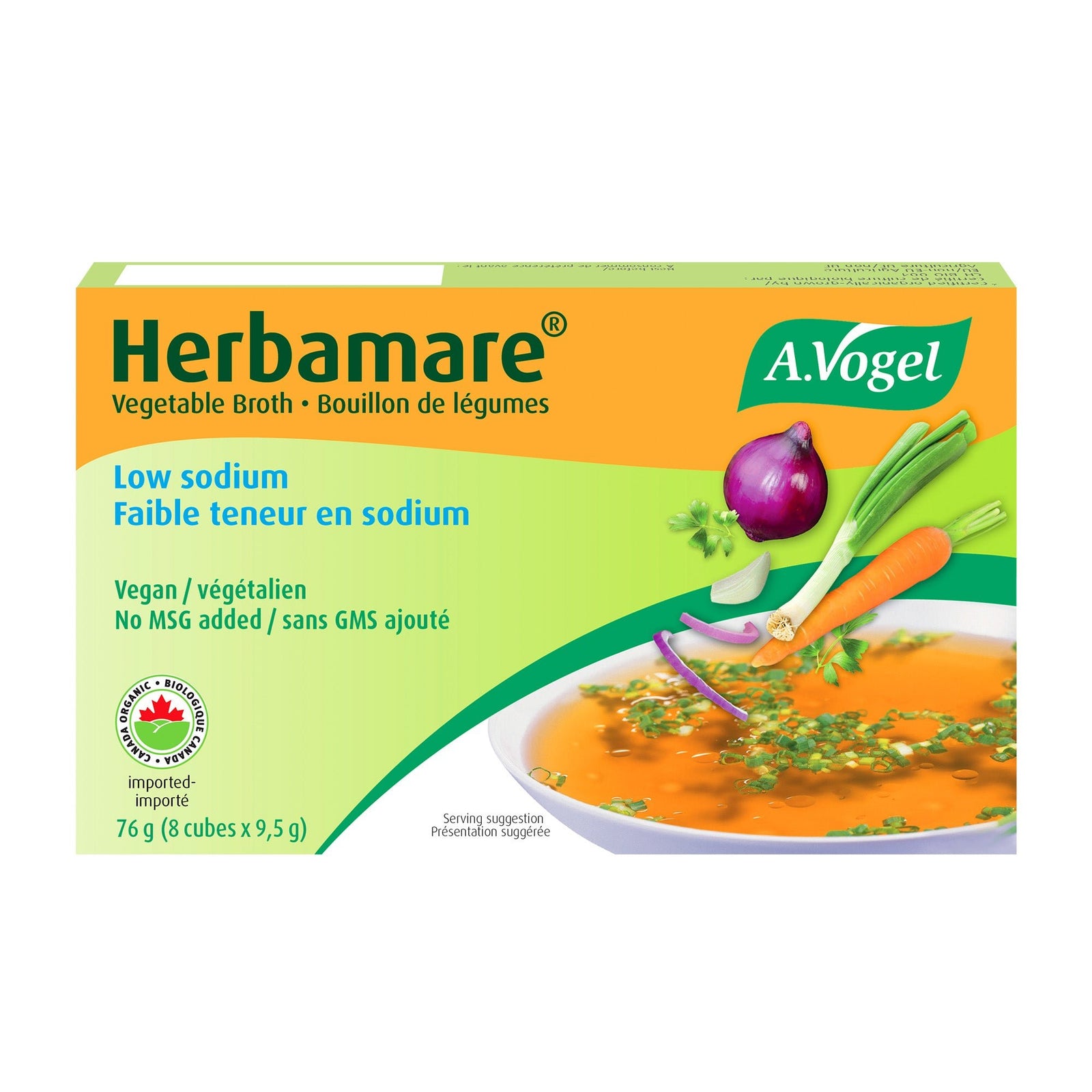Nausea after eating can disrupt your day, impact your mood, and limit your food choices. While food poisoning is often the first thought, several other conditions can cause postprandial (after eating) nausea. Understanding the root causes can help you find effective relief and improve your digestive health.
What Is Nausea?
Nausea is the unsettling sensation that you might vomit. While vomiting is an involuntary act of expelling stomach contents, nausea acts as a warning sign, helping your body avoid harmful substances. Though protective, persistent nausea can significantly affect your quality of life.
How Does Nausea Occur?
The mechanism behind nausea varies depending on its cause. Post-meal nausea can result from anything that irritates the digestive system, disrupts its normal function, or triggers psychological stress. Let’s explore the 5 most common reasons you may feel nauseous after eating.
5 Common Causes of Nausea After Eating (And How to Find Relief)
Infection (Food Poisoning & Gastroenteritis)
If nausea strikes suddenly after eating, food poisoning or viral gastroenteritis may be the culprit. Bacteria and viruses can produce toxins that irritate your digestive tract, leading to nausea, vomiting, and diarrhea. Symptoms often appear within hours of eating contaminated food.
Tip: Stay hydrated and monitor your symptoms. If nausea persists beyond 48 hours or is accompanied by high fever, seek medical attention.
Pregnancy (Morning Sickness Isn’t Always in the Morning)
Pregnancy-related nausea, commonly known as morning sickness, can occur at any time of day—especially after eating. Hormonal changes increase sensitivity to smells and tastes, often leading to post-meal nausea.
Tip: Eating smaller, frequent meals and staying hydrated can help ease pregnancy-related nausea. Always consult your healthcare provider for personalized advice.
Indigestion (Dyspepsia)
Dyspepsia, or indigestion, can cause bloating, nausea, and discomfort after meals. It may result from issues like slow digestion, gallstones, or inflammation of the pancreas. Functional dyspepsia (without a clear cause) can become chronic, impacting daily life.
Tip: Avoid greasy or spicy foods, and try eating smaller meals. If indigestion persists, seek a medical evaluation.
Medications & Substances
Certain medications and substances can irritate the stomach lining or disrupt digestion, leading to nausea. Common culprits include:
- Chemotherapy drugs
- Alcohol
- Illicit drugs
Tip: If nausea starts after taking a new medication, speak with your doctor about alternative options or supportive treatments.
Anxiety & Stress
The gut-brain connection is real. High-stress levels or anxiety can trigger nausea by shifting the body into "fight or flight" mode, reducing digestive efficiency. Emotional distress, panic attacks, or chronic anxiety disorders can all impact digestion.
Tip: Mindfulness practices, breathing exercises, and therapy can help manage stress-related nausea.
When to See a Doctor
While occasional nausea may not be alarming, frequent or severe symptoms could signal a more serious issue. Consult a healthcare professional if you experience:
- Persistent nausea lasting more than a few days
- Severe abdominal pain
- Unexplained weight loss
- Blood in vomit or stool
Natural Ways to Manage Post-Meal Nausea
-
First thing is first, go in for a chat with your family physician, nurse practitioner, or licensed naturopathic doctor.
-
If the symptoms are sudden, chances are it’s food poisoning (usually last 24-48 hour), so monitoring fluid intake is important, but this should not undermine the importance of a proper medical checkup. Other more serious conditions can be the underlying reason for your nausea. Your healthcare provider will walk you through the necessary steps.
-
For those of you that have been given “medical clearance”, and suffer from postprandial nausea due to long-standing indigestion (e.g. functional dyspepsia), you may consider adding a spoonful of lactic acid to your diet prior to a meal.
-
Some people have used apple cider vinegar, but find it a bit irritating. Herbs that stimulate liver and gallbladder function may not be a bad idea (e.g. milk thistle, boldo, artichoke). If stress and anxiety affect your digestion, you may want to discuss your options with a trusted counsellor, clinical psychologist, or even a licensed naturopathic doctor for additional “natural” options.
Final Thoughts
Nausea after eating can have various causes—from food poisoning to stress or pregnancy. By understanding your body’s signals and making mindful dietary and lifestyle choices, you can reduce nausea and enjoy meals again. However, if symptoms persist or worsen, don’t hesitate to seek medical guidance.
FAQs About Nausea After Eating
Why do I feel nauseous immediately after eating?
Immediate nausea after eating is often caused by food poisoning, indigestion, or eating too quickly. It can also be triggered by food intolerances, allergies, or psychological factors like anxiety.
Can stress cause nausea after eating?
Yes. Stress and anxiety can impact digestion, leading to nausea, bloating, or loss of appetite. The body’s stress response diverts energy away from digestion, causing discomfort.
Is nausea after eating a sign of a food allergy?
It can be. Food allergies or sensitivities can trigger nausea, bloating, and other digestive issues. If you notice nausea after specific foods, consider allergy testing or an elimination diet under medical supervision.
How can I prevent nausea after eating?
- Eat smaller, more frequent meals
- Chew food thoroughly and eat slowly
- Avoid high-fat, spicy, or heavily processed foods
- Stay hydrated
- Manage stress through mindfulness or breathing exercises
When should I see a doctor for nausea after eating?
If nausea is persistent, severe, or accompanied by symptoms like weight loss, blood in vomit, or intense abdominal pain, seek medical advice promptly. It could indicate underlying conditions requiring treatment.
Are there natural remedies for post-meal nausea?
Some people have used apple cider vinegar, but find it a bit irritating. Herbs that stimulate liver and gallbladder function may not be a bad idea (e.g. milk thistle, boldo, artichoke).
Can certain medical conditions cause nausea after eating?
Absolutely. Conditions like gallstones, pancreatitis, acid reflux, gastroparesis, and infections can trigger post-meal nausea. A medical evaluation can help identify the cause.


